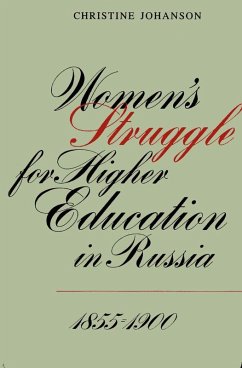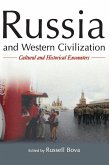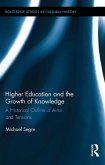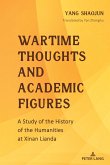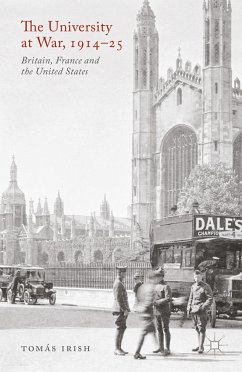Unlike contemporary Soviet and Western accounts which emphasize the involvement of educated women in the revolutionary movement, Christine Johanson investigates the relationship between developments in women's education and domestic politics of the post-Crimean War era. The author shows how the particular nature of autocratic rule under Alexander II facilitated the establishment of university-level courses for women, and demonstrates that Russian women who cooperated with the government in order to increase their educational opportunities far outnumbered the female revolutionists who sought to overthrow it. And, while acknowledging that Russian radicalism gave enormous encouragement to women's pursuit of university study, this book shows that it was the support of progressive statesmen and academics which allowed the creation of higher educational facilities for women. The attitudes, aspirations, and frustrations of women who enrolled in these educational facilities are also examined. Considerable attention is given to the training and practice of female physicians and to the testing of their skills and commitment to social service in tradition-bound peasant villages and the field hospitals of the Russo-Turkish war. The concluding chapter explored the conservative reaction following the assassination of Alexander II and the subsequent closure of women's advanced educational facilities.
Dieser Download kann aus rechtlichen Gründen nur mit Rechnungsadresse in A, B, BG, CY, CZ, D, DK, EW, E, FIN, F, GR, HR, H, IRL, I, LT, L, LR, M, NL, PL, P, R, S, SLO, SK ausgeliefert werden.

